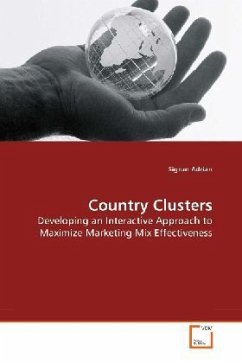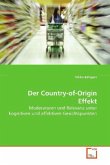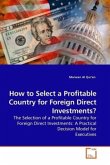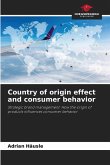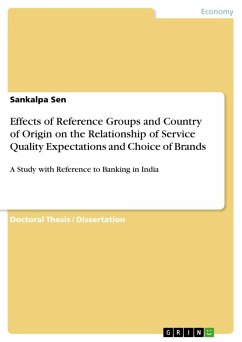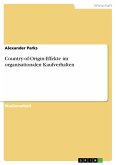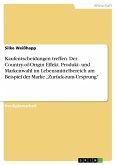Different market environments in countries challenge companies operating in the global marketplace. Ignoring these differences may result in a suboptimal performance of companies in international markets. Accurate market segmentation and market selection encourage the adoption of strategies distinguishing homogeneous subsets of costumers and to target promising markets. Despite the general reservations towards the use of secondary data in international market segmentation, data published by international organizations represents a readily available and particularly cost-effective information tool guiding screening procedures to identify prospective countries for market entry. The approach proposed here is based on the identification of 63 indices guided by considerations of their relevancy for international market entry decisions including macro-level country characteristics as well as established cultural frameworks. Two hypothetical examples, for non-durable and durable goods, explain the interactive selection of relevant indices for country screening based on the evaluation of the specific company situation to illustrate the potential use in international market segmentation.
